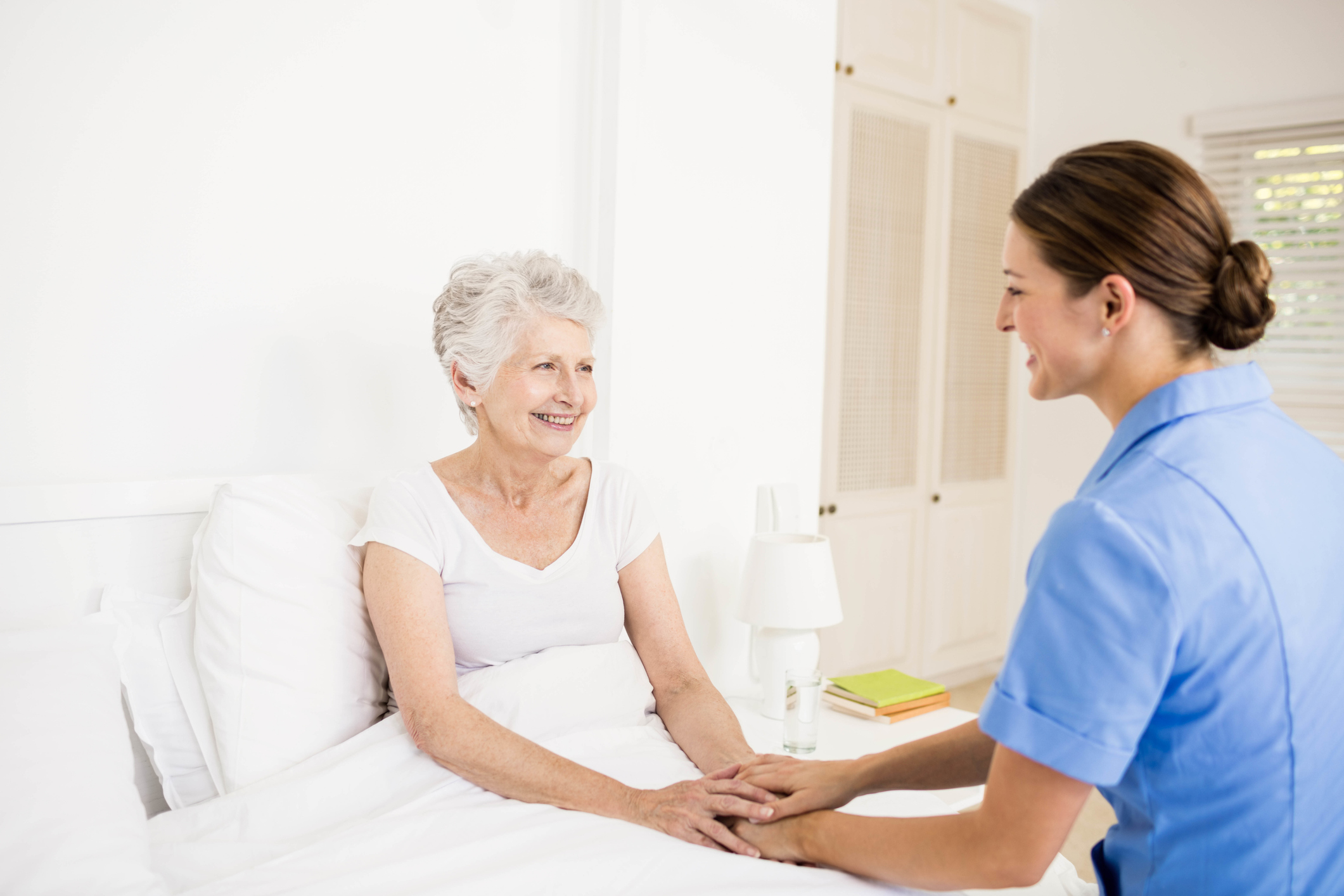
As we age, it’s not uncommon to need a little help with everyday tasks—things we once handled with ease, like getting dressed in the morning, preparing meals, or managing medications. For older adults who need a hand with these essential routines but don’t require full-time nursing care, assisted living communities offer a balanced and supportive solution.
What are Activities of Daily Living (ADLs)?
Activities of Daily Living (ADLs) are basic self-care tasks that allow us to live independently. These typically include:
- Bathing and personal hygiene
- Dressing and grooming
- Toileting
- Mobility assistance
- Help with eating
- Medication management
When older adults begin to struggle with one or more of these ADLs, it may be time to consider the help that an assisted living community can provide. These communities are designed to provide just the right level of help—enough to support residents’ needs while also encouraging autonomy and engagement.
1. Bathing and personal hygiene support
One of the most common ADLs older adults need assistance with is bathing. Mobility limitations, fear of falling, or memory impairments can make showering or bathing risky. In an assisted living community, trained caregivers help residents maintain cleanliness and dignity, whether that means providing full assistance or simply being nearby for safety.
Staff also help with other hygiene needs such as brushing teeth, shaving, and nail care. This not only helps residents stay healthy but also supports emotional well-being—when you look and feel good, your confidence improves.
2. Help with dressing and grooming
Getting dressed can become difficult due to arthritis, balance issues, or limited range of motion. Assisted living caregivers are available to help residents put on clothing and manage fasteners like buttons or zippers. This assistance allows residents to continue expressing their personal style and take pride in their appearance.
Grooming—combing hair, applying lotion, or wearing makeup—may also be supported as needed, promoting both independence and self-esteem.
3. Toileting assistance and incontinence care
Toileting is a sensitive topic, but it’s one that greatly affects quality of life. Whether residents need reminders to use the bathroom, physical assistance getting there, or help managing incontinence products, staff are trained to offer support in a way that is respectful and discreet.
This level of care helps prevent accidents and infections and gives families peace of mind knowing their loved one’s personal needs are being met consistently.
4. Mobility assistance
Moving safely from a bed to a chair, walking to the dining room, or using a mobility aid can all require assistance. Assisted living communities often provide support with these transfers to reduce the risk of falls and injuries.
In addition, many communities have physical therapy services or wellness programs that help residents maintain strength and balance, which further promotes independence.
5. Help with meals and eating
While some residents in assisted living can eat independently, others may need help with cutting food, managing utensils, or remembering when it’s time to eat. Staff ensure that each resident receives nutritious meals tailored to their dietary needs and preferences. In cases where a resident requires more hands-on support, caregivers are available to assist while preserving the individual’s dignity and comfort.
6. Medication management
Medication management is one of the most important services assisted living communities offer. Older adults often have multiple prescriptions, each with specific timing and dosage requirements. Forgetting or mismanaging medication can lead to serious health risks.
In assisted living communities, Certified Medication Aides help with medication reminders, dispensing, and monitoring. This ensures that residents stay on track with their treatment plans and reduces the chance of errors or missed doses.
Assisted living promotes independence through support
At first glance, needing help with ADLs might seem like a loss of independence. But in reality, the opposite is often true. By receiving just the right level of assistance, older adults in assisted living communities are empowered to focus on the aspects of life they enjoy most—socializing, participating in activities, pursuing hobbies, and maintaining meaningful connections.
This supportive environment relieves the pressure on family caregivers, especially adult children who may feel overwhelmed by trying to meet all of a parent’s needs on their own. Knowing their loved one is safe, cared for, and respected brings invaluable peace of mind.
Assisted living in Jasper, GA
Assisted living communities play a crucial role in helping older adults maintain dignity, safety, and independence—even when daily routines become challenging. Through compassionate support with activities of daily living, these communities ensure that residents don’t just survive, but truly thrive.
If you or a loved one is beginning to need help with bathing, dressing, or other daily tasks, exploring assisted living may be a positive next step. It’s not just about care—it’s about quality of life.
If you’re exploring your options for assisted living in Jasper, GA, consider The Lodge at Stephens Lake’s assisted living community. Download our free guide, Just the Facts: A Guide to Assisted Living, to learn more. Then contact us to schedule your personalized tour.
